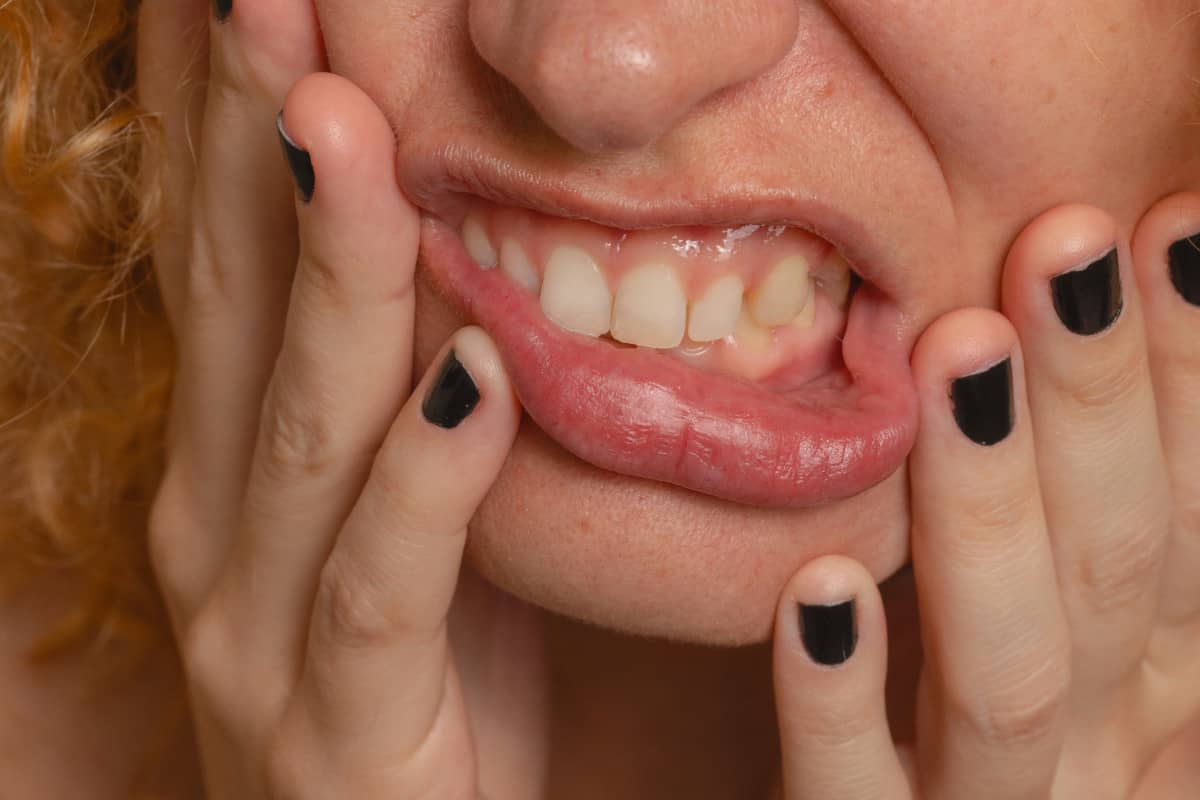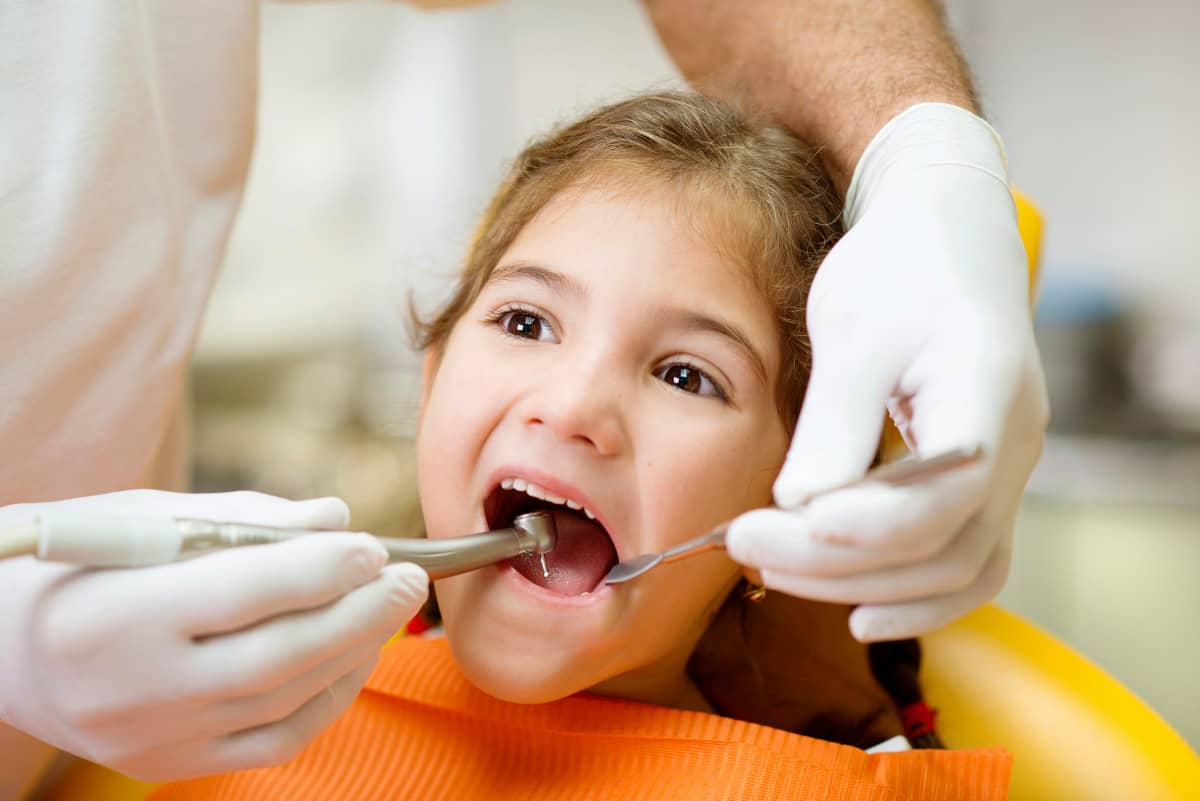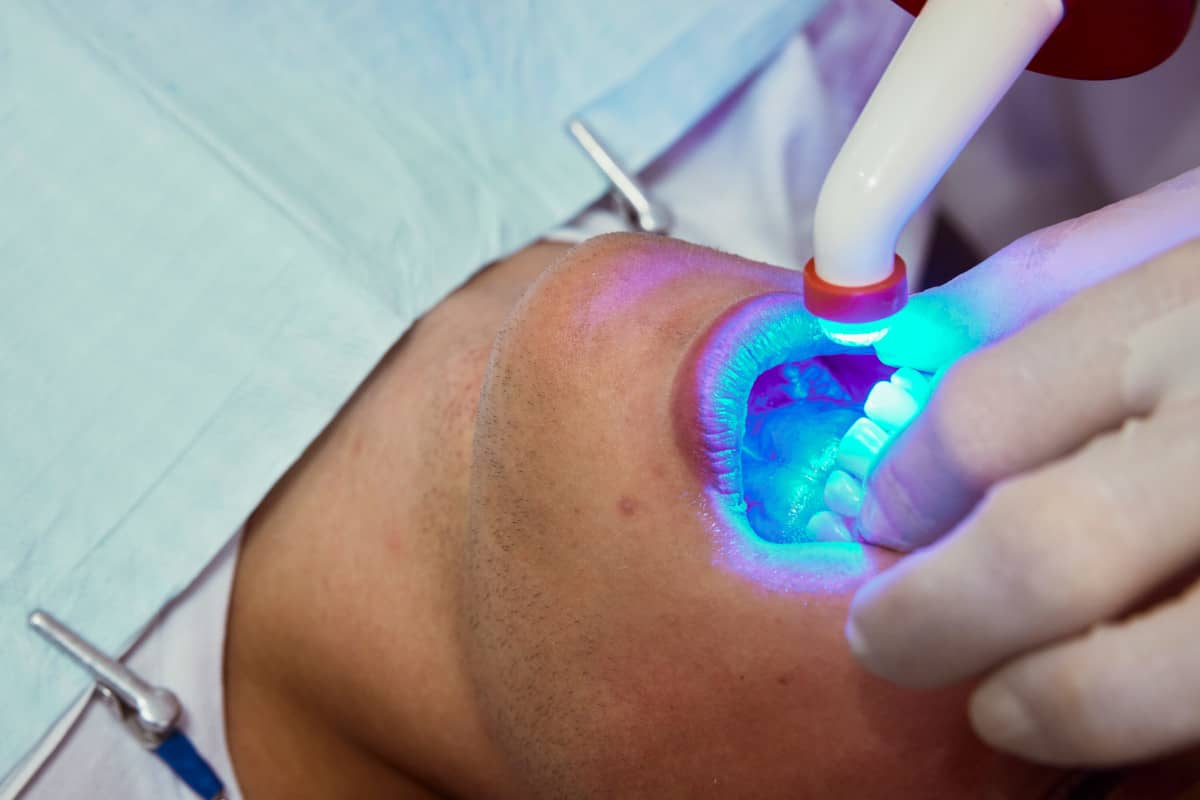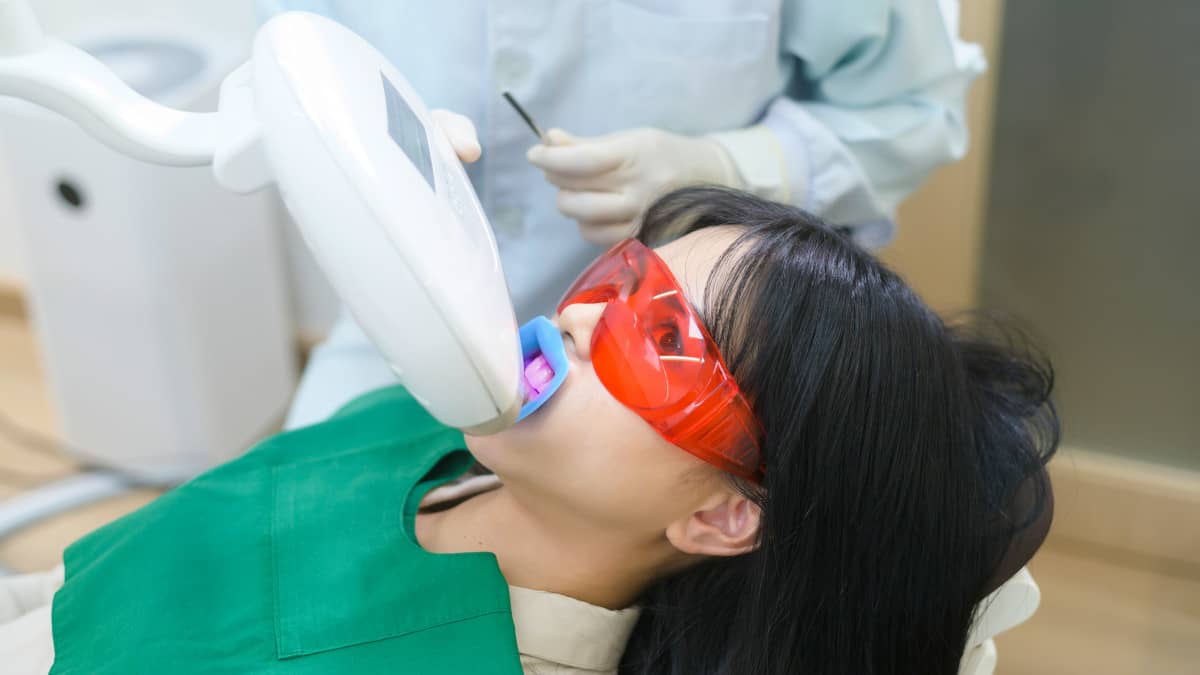
Baby teeth: when they erupt and how to care for them
The eruption of baby teeth is a complicated process for babies. It often causes irritability and other symptoms, but of course the eruption of baby teeth is fundamental and necessary in their development. Therefore, to help them in this process, parents can learn about the importance of these teeth and how to soothe them and help them to maintain optimal oral health from such an early age.
What you should know about your child’s teething process
- When does teething start and how long does it last?
- What symptoms do babies have during teething?
- How to relieve teething discomfort?
- What are the functions of baby teeth?
- How to care for baby teeth correctly?
1. When does teething begin and how long does it last?
The truth is that, although teeth begin to form in the mother’s womb, between the 6th and 8th week of gestation, and are situated below the gum line, they do not erupt immediately, but each one erupts at a different stage of growth.
Dentition as we know it begins at around 6 months of age with the eruption of the lower central incisors, i.e. the pallets, followed by their namesakes in the upper arch. The process continues up to the molars, thus completing a dentition of 20 teeth.
As a guideline, these milk teeth have completely erupted at around 2.5 or 3 years of age and will begin to fall out again to give way to the eruption of the permanent teeth at around 6 years of age. And until approximately 12 years of age, the dentition will be mixed.
On the other hand, if at one year of age the baby has not yet experienced the eruption of any milk teeth, it is important to visit the paediatric dentist, who will be able to assess the child’s oral health.
In addition, on many occasions the paediatric dentist can help and advise parents on the eruption of the first milk teeth, and how to alleviate the symptoms and help them in the process so that they do not suffer so much.
2. What symptoms do babies have during eruption?
As is more than usual, during this teething period, babies will experience discomfort related to the eruption of the teeth. Some of the most common symptoms that they will manifest and that can occur in isolation or simultaneously are:
- Putting objects or their hand to their mouth to exert pressure on the area of the gum that bothers them.
- Increased drool production which can irritate the area around the mouth and cause infections.
- Increased redness or swelling of the gums. In addition to the sensitivity, a hardness is seen.
- Lack of appetite due to gum discomfort that leads to refusal of food.
- Increased irritability, with occasional crying, and even lack of sleep and sleep disturbances.
- In some cases, they may experience a slight fever, which does not usually last long.
3. How can the discomfort of tooth eruption be alleviated?
Unfortunately, the teething process is painful. Little ones are uncomfortable, nervous and experience the aforementioned symptoms. Parents can also become upset, especially if they don’t know how to soothe them. Here are some tips:
- Massage the gum gently with a wet gauze.
- Apply cold to the area or use a teething ring.
- Use teethers and even apply cold to the area.
- Dry saliva to keep the mouth free of irritation.
- Use specific gels and creams, following medical indications.
4. What are the functions of baby teeth?
Despite being temporary, milk teeth or deciduous teeth are fundamental for the development of growing children. In addition to making it possible to chew food, which involves a transition from a liquid diet to a more solid diet, these teeth have other important physical and social functions.
As you have probably already guessed, primary teeth are essential for speech as they are part of the articulation of some phonemes. In other words, the phonation process would not be complete without teeth, as certain sounds could not be pronounced.
On the other hand, the eruption of the milk teeth has another task at a functional level and that is that it allows the development and strengthening of the maxillary bones. Furthermore, the correct eruption of these teeth prevents bite problems as they act as a guide for the permanent teeth.
For these reasons, oral health care for children is also fundamental. Without the correct development of the deciduous teeth, not only is their general development affected, but also the permanent teeth can suffer from certain problems.
5. How to look after baby teeth correctly?
Since milk teeth will define the future dental arch with permanent teeth and, during infant development, they allow chewing and the articulation of words, it is essential to take care of them in the most appropriate way so that the child does not suffer any oral or dental problems during growth and so that they learn to take care of their own oral health. Therefore, in order to take proper care of deciduous teeth, it is necessary to do the following:
5.1. Proper oral hygiene.
Even before the first teeth appear, oral cleaning of the baby’s mouth can be started to eliminate the accumulation of bacteria on the gums. With a moistened gauze or a special thimble it is possible to perform this type of oral hygiene.
Later, as the teeth erupt, a specific toothbrush with very soft bristles should be used to clean the teeth and get the baby used to this important routine, which will set a precedent in their oral health.
You can use toothpaste, in small amounts, as long as it is recommended for their age and the baby has learned to spit. If you want to know more about how to clean your child’s teeth, visit our article on children’s oral hygiene.
5.2. Preventive check-ups.
On the other hand, in addition to hygiene, it is especially important to have regular check-ups so that the paediatric dentist can assess the state of your child’s oral health. The main reason is to determine that the accumulation of bacteria does not cause caries or periodontitis.
These diseases also appear at an early age and, specifically caries, can be very aggressive. Therefore, through regular check-ups and professional cleanings, it is possible to maintain the good health of baby teeth.
5.3. Interceptive orthodontics.
Although it is not always considered necessary, in some cases the paediatric dentist may observe, during a check-up, that the development of the maxillary bones, the arch or the position of the teeth is not adequate. In this case, orthodontic treatment would be recommended.
Interceptive orthodontics, which can be applied from the age of 6, is the treatment that prevents bite, alignment and jaw development problems during the growth phase and avoids the need for orthognathic surgery in adulthood.




